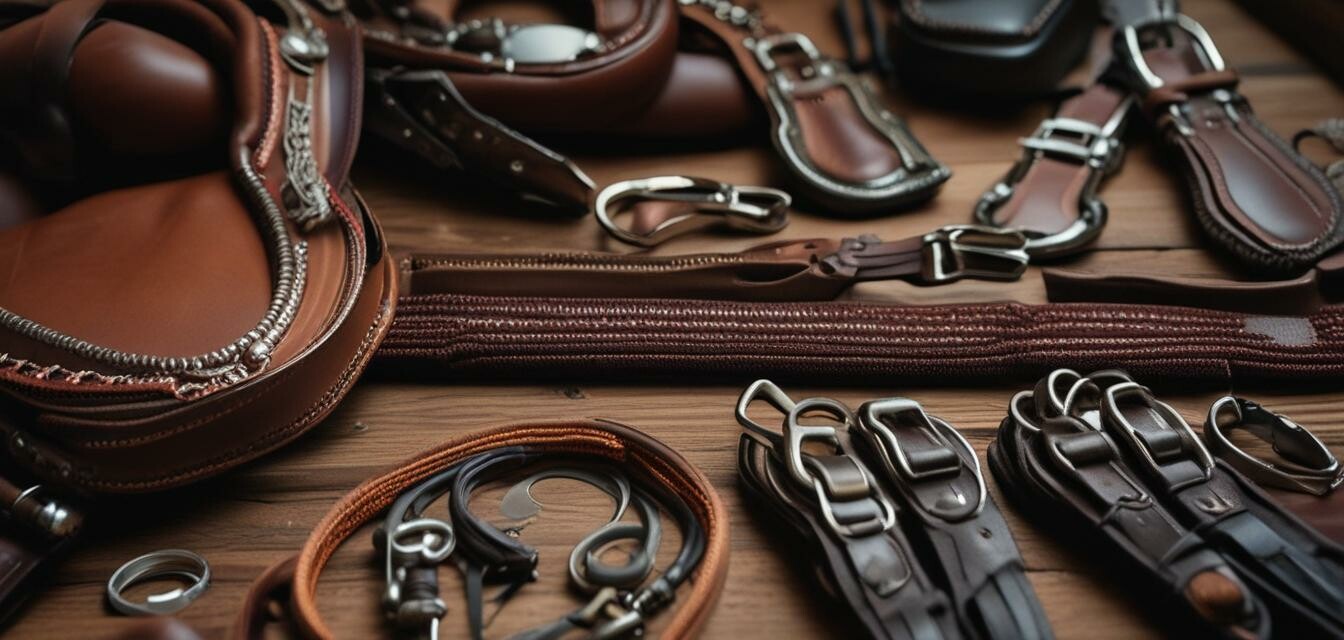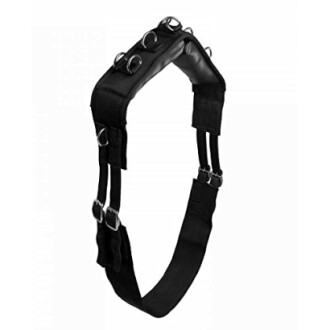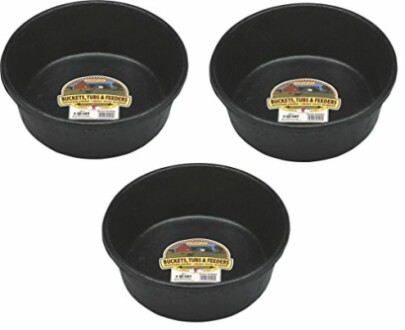
Understanding Horse Tack: Essential Equipment Guide
Key Takeaways
- Horse tack comprises essential equipment for riding and caring for horses.
- Understanding types of tack will improve both rider and horse performance.
- Choosing the right tack is crucial for safety, comfort, and effectiveness.
- Regular maintenance of tack ensures longevity and safety during use.
Horse riding is not just about the exhilarating experience; it involves a strong understanding of the essential equipment known as horse tack. For new riders, navigating through the myriad of available equipment can be daunting. This guide will provide insights into the essential types of horse tack, their uses, and tips on how to maintain them. Let’s delve deeper!
What is Horse Tack?
Horse tack refers to the collection of equipment and accessories used in the grooming, riding, and caring of horses. Tack can vary widely in purpose, from facilitating riding to ensuring the comfort and safety of the rider and the horse alike.
Types of Horse Tack
Horse tack can be broadly categorized into the following types:
- Saddles
- Bridles
- Harnesses
- Surcingles
- Girths
- Stirrups
- Lead ropes
- Halter
Saddles
Saddles provide a secure and comfortable seat for the rider while allowing the rider to control the horse effectively. There are many types of saddles:
- English saddles
- Western saddles
- Jumping saddles
- Dressage saddles
Bridles
Bridles are essential for steering and controlling the horse. They consist of a headstall, bit, and reins. The choice of bridle impacts the rider's control.
Surcingles
Surcingles are adjustable straps that wrap around the horse's body. They are especially useful for lunging, training, and even as a safety measure during groundwork.
HORZE Lunging Surcingle for Horses
Easy to use training surcingle that allows the use of various training tools. Made of durable materials for efficient training sessions.
Learn MoreGirths
Girths secure the saddle tightly to the horse’s body. They come in various materials and styles, crucial for proper saddle fit.
Stirrups
Stirrups support the rider's feet and provide a means to mount and adjust themselves while riding.
Understanding the Importance of Proper Fit
Ensuring that your tack fits correctly is vital for both the rider's comfort and the horse’s health. Poorly fitted tack can cause injuries, discomfort, or behavioral issues in horses. Here are a few things to consider:
- Always measure your horse for the proper saddle fit.
- Check for signs of rubbing or discomfort after riding sessions.
- Ensure bridles are not too tight, and bits fit comfortably.
Product Maintenance
Maintaining your horse tack is essential for durability and safety. Here are some tips:
- Clean your tack after every use, especially after rides in the rain or mud.
- Store your tack in a cool, dry place to avoid mildew.
- Inspect for wear and tear regularly, replacing any worn components.
Miller (3 Pack) Manufacturing HP-2 4-Quart Rubber Feed Pans
Reliable rubber feed pans designed for durability while catering to your horse's feeding needs.
Learn MoreConclusion
Understanding horse tack is crucial for every aspiring rider. Whether you're managing the care of your horse or preparing for your next riding adventure, being equipped with the right knowledge ensures a safe and enjoyable experience. Regular maintenance and proper fitting of tack will enhance both your performance and your horse's well-being.
Beginner's Tips
- Familiarize yourself with various types of tack.
- Join a local riding community for shared experiences and tips.
- Attend workshops or clinics to gain hands-on experience with tack maintenance and fitting.
- Always keep your equipment clean and organized.
- Happy riding!
Pros
- Improves rider and horse safety.
- Enhances communication and control.
- Provides comfort for both rider and horse.
Cons
- Can be expensive to acquire quality tack.
- Requires regular maintenance and checking.
Learn More
For additional insights, be sure to check these resources:


